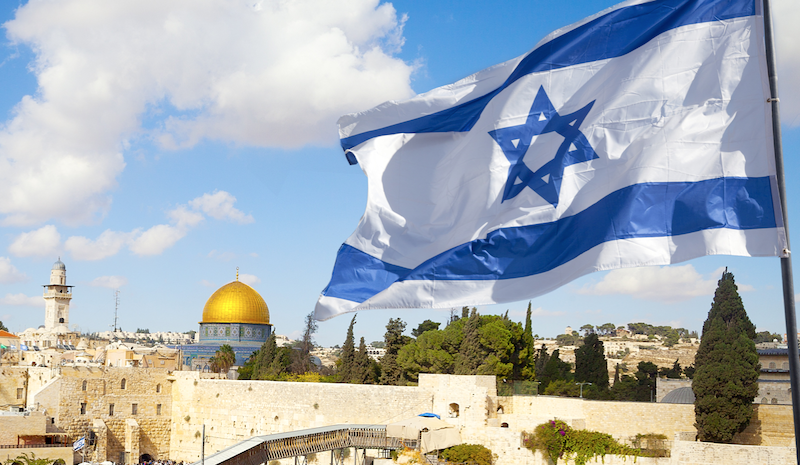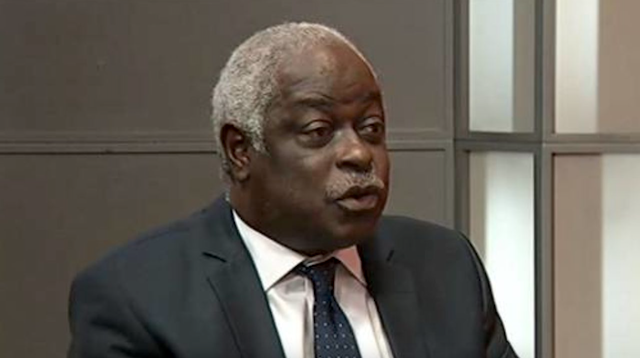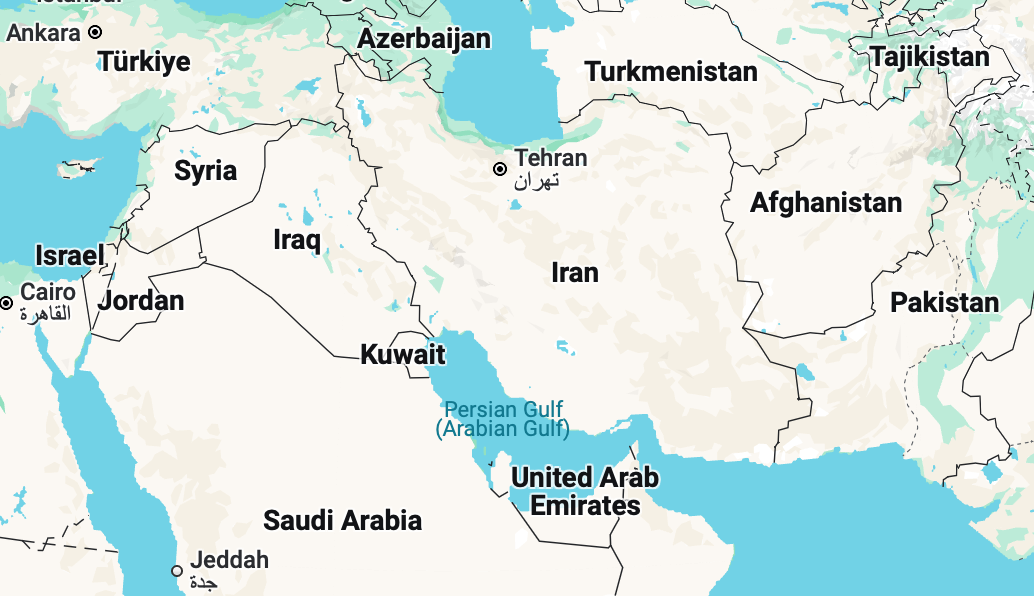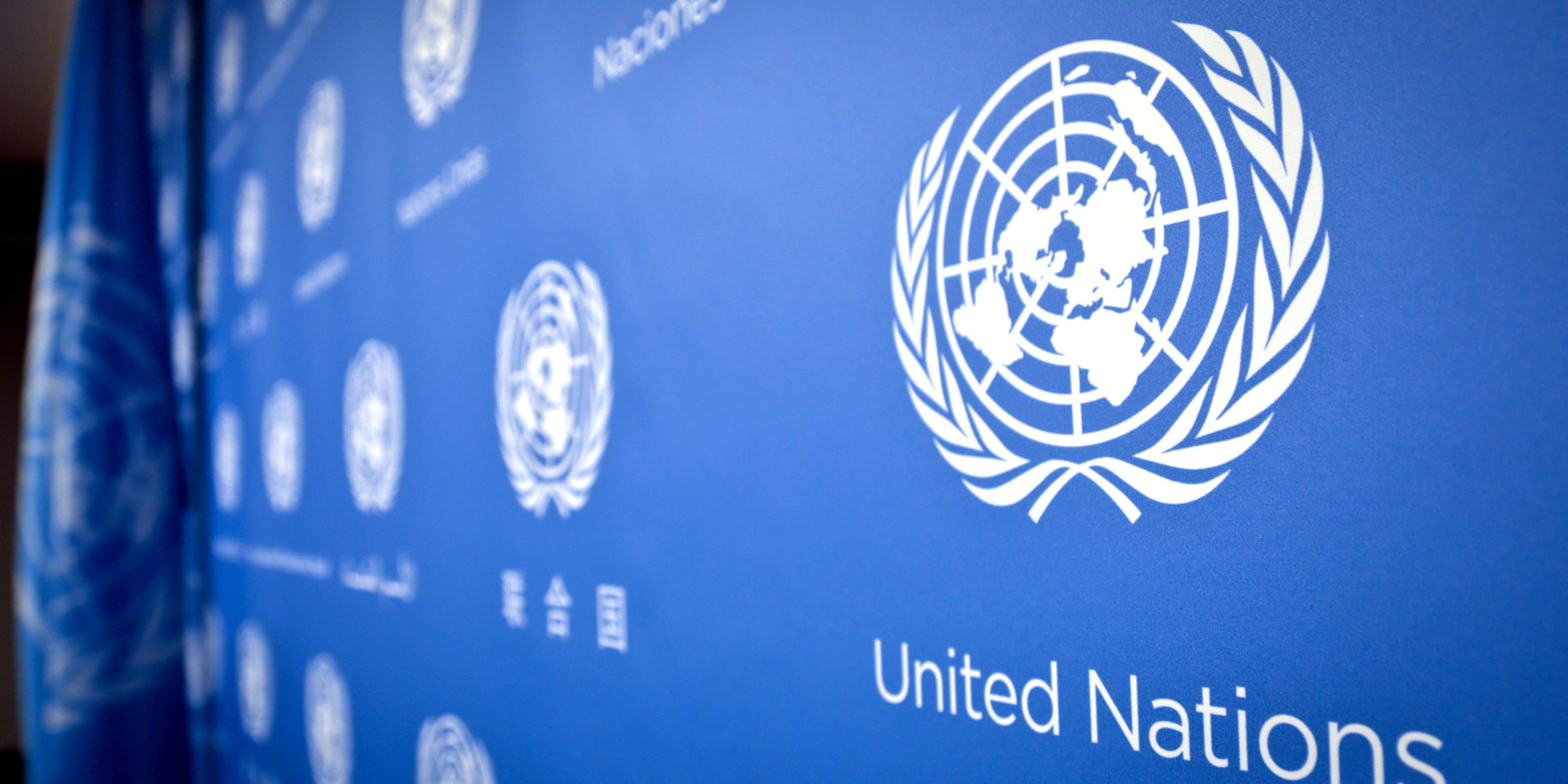Anas Jamal al-Sharif cried on air as he reported the on-going starvation of Gaza, a city of 2.1 million people. In so doing, he signed his death warrant. The regime in Israel said he was trying to mobilise the world against it by such sentiments.
When the Israelis began to mount propaganda against Anas, it was clear that Tel Aviv had decided to kill him. That is the pattern: Israel begins by accusing a journalist of being a terrorist, and then moves in to murder him/her.
The broader pattern of the Israeli genocide machinery is to bomb homes and schools, claiming they shelter terrorists. When it kills children, the claim is that they are used as human shields by Hamas. When in order to starve the Gaza population into submission, it bans food convoys by all groups, including the United Nations, UN; it claims it is because they are cover for terrorists.
When it wilfully levels hospitals and kills the sick, including babies in incubators, it claims there are terrorist bunkers under them. Never mind that it has not produced a single bunker under the hospital rubbles.
Anas had also committed the crime of refusing to move out of Northern Gaza as directed by the Israeli military.
Given these nightmarish experiences of the Gaza populace, Anas knew his execution for not just being a witness to these inhuman crimes, but also documenting and exposing them, was just a question of time. Some of his colleagues and friends had already been eliminated in similar ways.
So, on April 6, 2025, the 28-year-old wrote his will. It was not to leave any house for his children. The will was not to transfer money to his equally young family. The will was, basically, a testament affirming that the Israeli regime would murder him.
So, Anas began his will with these words: “This is my will and my final message. If these words reach you, know that Israel has succeeded in killing me and silencing my voice”.
He then tells us, the living, his motives: “Allah knows I gave every effort and all my strength to be a support and a voice for my people, ever since I opened my eyes to life in the alleys and streets of the Jabalia refugee camp. My hope was that Allah would extend my life so I could return with my family and loved ones to our original town of occupied Asqalan (Al-Majdal). But Allah’s will came first, and His decree is final.”
He then established his undeniable credentials as a journalist: “I have lived through pain in all its details, tasted suffering and loss many times, yet I never once hesitated to convey the truth as it is, without distortion or falsification—so that Allah may bear witness against those who stayed silent, those who accepted our killing, those who choked our breath, and whose hearts were unmoved by the scattered remains of our children and women, doing nothing to stop the massacre that our people have faced for more than a year and a half.”
Anas entrusted we the living with his people, especially “its wronged and innocent children who never had the time to dream or live in safety and peace. Their pure bodies were crushed under thousands of tons of Israeli bombs and missiles, torn apart and scattered across the walls.”
He also entrusted us with his family, including his beloved daughter Sham, “the light of my eyes, whom I never got the chance to watch grow up as I had dreamed (and) my dear son Salah, whom I had wished to support and accompany through life until he grew strong enough to carry my burden and continue the mission.”
He equally entrusted us with his beloved mother, and wife, Umm Salah (Bayan), “from whom the war separated me for many long days and months. Yet she remained faithful to our bond, steadfast as the trunk of an olive tree that does not bend—patient, trusting in Allah, and carrying the responsibility in my absence with all her strength and faith.”
To conscientious humanity Anas wrote: “I urge you not to let chains silence you, nor borders restrain you. Be bridges towards the liberation of the land and its people, until the sun of dignity and freedom rises over our stolen homeland.”
In July 2025, an international media organisation warned Anas he was about being eliminated. On Sunday, August 10, 2025, as Anas and some of his colleagues rested in an Al-Jazeera media tent outside the Al-Shifa Hospital in Gaza, the Israeli military struck, killing Anas and three other Al Jazeera staff. They were correspondent Mohammed Qreiqeq, and cameramen, Ibrahim Zaher and Mohammed Noufal. For the Israeli regime, these others were a mere collateral damage.
Once the anger of the world boiled over these criminal murders, the Israeli propaganda machine went into over drive. Hours after the mass killings, the Israeli Defence Force, IDF, international Spokesman Lt. Col. Nadav Shoshani, pushed out a statement claiming without providing any concrete proof that Anas was “the head of a Hamas terrorist cell and advanced rocket attacks on Israeli civilians and IDF troops.”
In its tradition of concocting tales without proof, the Israeli regime claimed thus: “Intelligence and documents from Gaza, including rosters, terrorist training lists and salary records, prove he was a Hamas operative integrated into Al Jazeera.”
The murderers claimed Anas was the commander of a rocket-launching squad in northern Gaza. If, without conceding, this were true, why also kill at least three other persons?
Part of the Israeli ‘evidence’ was a photograph allegedly showing Anas with the late Hamas leader Yahya Sinwar. How does a journalist meeting a political leader in his country prove he was working for the latter or his group?
Not unexpectedly, the UN was engaged in its usual rigmarole. Even with Israel confirming that it consciously and wilfully murdered the journalists, UN Secretary-General Antonio Guterres was busy calling for an “independent and impartial investigation into these latest killings.” Assuming Guterres was unaware that Israel had owned up to the killings, now that this has been confirmed, what will the world body do to bring the Israeli leaders to justice?
This is more so as these latest martyrs of freedom of speech are among the 242 journalists and media workers Israel has murdered since the latest Gaza War began on October 7, 2023.
Israel had 15 months before gotten a sniper to eliminate another Al Jazeera journalist, Ms Shireen Abu Akleh, as she stood amongst fellow journalists.
Israel’s murder of journalists and the defenceless, cries to the Heavens and, unless called to order, it will continue in its inglorious tradition of impunity and crimes against humanity.






